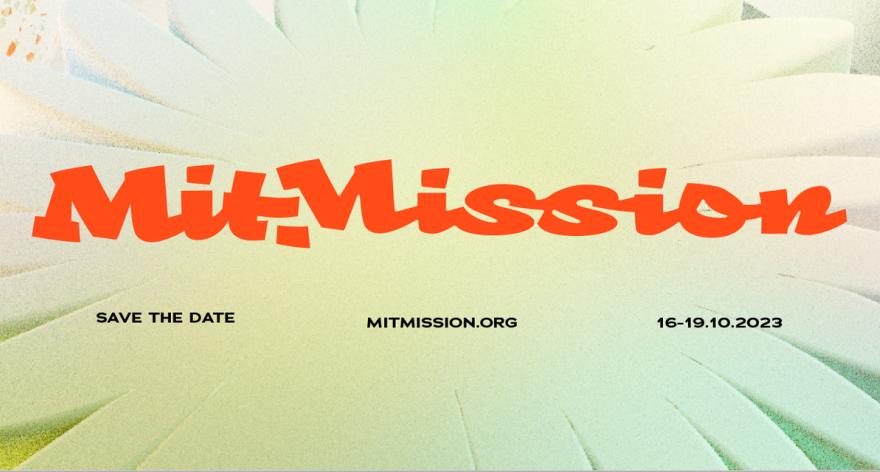The NGO Nest Berlin e.V. (NEST), a Hub for Research, Education and Personal Growth, is an umbrella organization for promoting and executing of transnational mobility. The organization assists network partners to support adults/youth and functions as a hub for research and EU project design with a focus on impacting the Berlin community, specifically the Wedding Neighborhood. The NGO co-operates with stakeholding parties throughout Europe with the intent to exchange best practices in education, adult training, and employability, as well as in social inclusion and disadvantaged urban/rural development projects – with the objective to represent a transnational hub for innovation in NGO best-practices & coordination schemes between NGOs and stakeholders in Europe. Today the NGO’s ambitions find NEST involved as a partner in more than 10 Erasmus+ KA2 VET, Adult, and Sports projects, and as coordinator in 3 big projects addressing e.g. migrants, employability, inclusion, gender equality. 1. KA2 Adults DISTRACT 2. KA2 VET Migrant In Fashion 3. Big Sports Collaborative Partnership RINMSASFT Furthermore, more than 15 KA1 youth projects were already implemented with several Training Courses hosted in Berlin. Furthermore, NEST Berlin has deployed research activities in the foregoing fields and in cooperation with the University of Applied Sciences Bonn Rhein-Sieg through its chapter NGO NEST Bonn which links formal and nonformal education methodologies to add value to the learning of young/adults people. Co-Founded by 4 leading NGO’s in the field of Mine Vaganti NGO (MVNGO), The Comparative Research Network (CRN), InterCultural-Youth-Dialogue-Association (IYDA) and Mitosis Coworking Space, NEST merged expertise into an approach that grounds transnational cooperation between VET providers, NGOs, and businesses, providing a balanced picture of present challenges for inclusion and integration in Europe. NEST is a member organization in MV International (MVI), an international NGO network comprising 37 European member organizations, and 6 associate organizations from Africa, Latin America and Asia, as well a founding member of Alliance For Global Development AGD based in University of Applied Sciences in Bonn. NEST was initiated in 2016 by expert professionals active in the sectors/fields of NGO, Social Innovation, European project management, European mobility, Networking, and Non-Formal Education (NFE) methodologies, and embodies today in its Berlin hub 4 staff members and 4 team members with professional competences/experiences in above-mentioned domains. As a NEST is non-profit oriented, it performs crucial parts of its activity’s also on a voluntary base. At the ‘TUECHTIG room for inclusion’ NEST’s has its office space, amidst other pioneers, freelancers and employees (with and without disabilities) of all ages and backgrounds.
